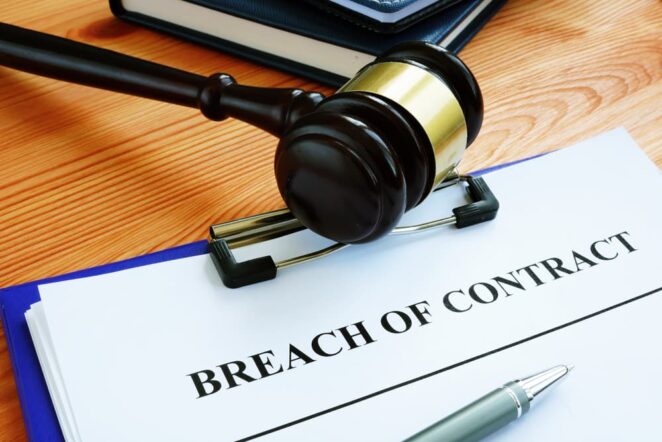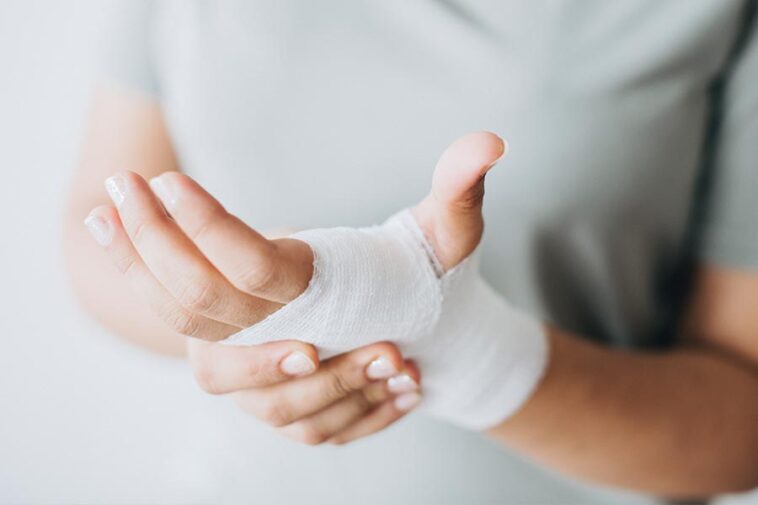Proving negligence is crucial for anyone seeking compensation after suffering harm. It requires clear evidence and understanding of key legal principles. Without the right approach, it can be difficult to achieve a favorable outcome.
The goal of proving negligence is to demonstrate that someone’s carelessness caused the injury. If you can establish fault, it becomes easier to secure compensation for medical expenses, lost wages, or emotional distress.
Now, let’s go over the critical steps to prove negligence.
Key Points:
- Duty of care must be established first.
- Show how the other party failed their duty.
- Prove that the failure led to harm.
- Demonstrate the damage resulted directly from this negligence.
- Evidence is key in every stage of the process.
Proving Duty of Care

In every personal injury case, you must first establish that the other party owed you a duty of care. This concept is simple but fundamental. For example, a driver has a duty to operate a vehicle safely. A doctor has a duty to provide competent medical care.
The relationship between the parties determines the duty of care. If there was no duty, then proving negligence becomes impossible. Courts often rely on the nature of the relationship to evaluate the duty of care. This is where consulting an expert can make a big difference.
In situations where you’re unsure of the duty of care, you will need an attorney. Visit needanattorney.net where experts can help you identify the duty and understand your legal standing. They will guide you to connect with the right legal professional.
Breach of Duty

After proving the existence of a duty of care, the next step is to show that the duty was breached. This means demonstrating that the responsible party did not act as a reasonable person would under similar circumstances. For example, if a driver speeds through a red light, that is a clear breach of duty.
Breach of duty is often straightforward when there is clear evidence, like a violation of traffic laws. However, proving breach in more complex cases, such as medical malpractice, can require expert testimony or other specialized evidence.
Showing breach is an essential part of the case. It paints the picture of how carelessness or recklessness led to harm. Always gather as much evidence as possible, including witness statements or surveillance footage, to back up the claim.
Causation
Establishing causation means proving that the breach of duty directly caused the harm.
Causation can sometimes be difficult to prove, especially if other factors might have contributed to the injury. For example, if a person is injured in a car accident but had a pre-existing condition, the defense might argue that the condition, rather than the accident, caused the harm.
To overcome such challenges, gather medical records, accident reports, and expert testimony. Evidence must show that the harm would not have occurred without the negligent act.
Damages

Even if you can show that someone breached their duty and caused harm, there must be actual damages to receive compensation. Damages include things like medical expenses, loss of income, pain and suffering, and emotional distress.
The goal is to quantify the losses and provide evidence of the impact on your life. Medical records, pay stubs, and expert evaluations all help strengthen the case. Courts need tangible proof of financial losses and other harm that occurred due to negligence.
If the injury caused long-term or permanent harm, make sure to include future medical needs and potential lost wages in your calculation of damages. This ensures that you receive the full compensation you deserve.
The Role of Evidence
Evidence is the most important in every stage of a personal injury case. The more evidence you can gather, the stronger the case becomes. From witness statements to medical records, having the right documentation increases the chances of proving negligence.
Photographs of the scene, video footage, and expert testimony are all valuable. Never underestimate the power of thorough documentation. Keep records of everything, including receipts for medical treatment, repair bills, and other expenses related to the injury.
If evidence is lacking, it could weaken the claim and reduce the potential compensation.
Expert Testimony
In more complex cases, expert testimony becomes crucial. For instance, in medical malpractice, experts can clarify how the medical professional failed to meet the standard of care. Likewise, in construction accidents, engineers may provide testimony about safety violations.
Experts provide clarity on technical issues that a court may not fully understand. They can explain how certain actions or failures directly led to the injury. Always consult with experts when dealing with cases that require specialized knowledge. Their input could be the difference between success and failure.
Statute of Limitations
Every personal injury case is subject to a statute of limitations, which sets a deadline for filing a lawsuit. Missing this deadline can result in losing the right to seek compensation.
Make sure to consult an attorney early to ensure that you are within the legal time frame. The statute of limitations varies depending on the jurisdiction and the type of injury. Do not delay, as time can also affect the availability of evidence and witness memory.
Early action ensures that your case is filed properly and on time.
The Importance of Legal Representation
Navigating the legal system without proper guidance is a risk. Hiring a qualified legal representative ensures that your case is handled professionally. They will manage the paperwork, negotiate with insurance companies, and represent you in court if necessary.
Personal injury attorneys understand the intricacies of proving negligence. They can provide strategic advice and help gather essential evidence to support your claim. An attorney also ensures that you don’t make critical mistakes, such as missing deadlines or providing insufficient evidence.
Negotiation vs.Trial

Most personal injury cases settle outside of court through negotiation. Insurance companies often prefer to avoid lengthy and expensive trials. Negotiation allows for quicker resolution and ensures that both parties avoid the uncertainty of a court decision.
However, if negotiations fail, going to trial may be necessary. In such cases, having a skilled attorney becomes even more critical. Trials can be complex, and proper representation increases the chances of success.
Be prepared for both possibilities when pursuing compensation. Strong legal representation will guide you through both settlement negotiations and court proceedings.
Conclusion
Proving negligence requires careful planning, solid evidence, and legal expertise. Establishing duty, breach, causation, and damages is essential to achieving a successful outcome. Having the right legal professional by your side can make all the difference.
Always be thorough in gathering evidence, consulting experts, and ensuring that your case meets the necessary legal standards. With the right approach, you can secure the compensation you deserve.



